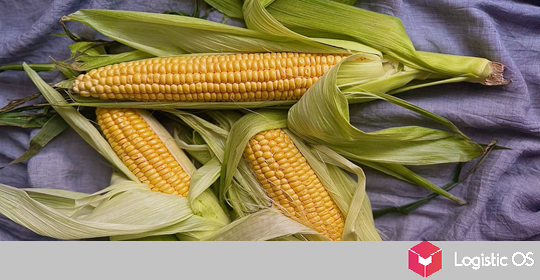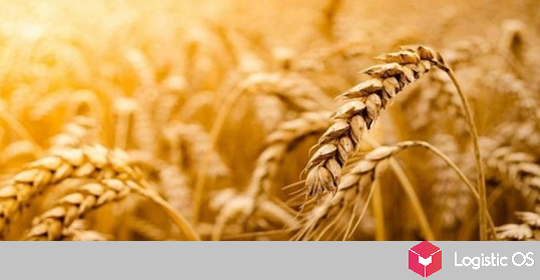Several grain terminals are under construction in the Leningrad region.
In the first half of 2022, the cargo turnover of the Baltic ports remained at the level of 2021, the volumes of handling containers, oil products, oil and coal are declining.
The main drop in transshipment volumes of the ports of the Baltic basin occurred in March 2022. This month, the cargo turnover of the Baltic ports was the lowest in the last three years.
In the first half of 2022, container turnover decreased by 39%. At the same time, the drop in exports amounted to 32%, imports — 45%, transit — 58%.
In general, in the first half of the year, the container market in the Baltic ports (including Kaliningrad) fell by 38.9%.
Several factors affect the RPM drop:
large foreign companies servicing containers left Russia
sanctions imposed on some imported and exported goods have limited the possibility of transshipment in European ports.
major importers of a number of goods transported in containers stopped deliveries.
The general situation is such that, to one degree or another, almost all cargoes transshipped in the ports of the Baltic basin fell under sanctions pressure: containers, oil products, oil and coal.
Therefore, the construction of grain terminals should significantly improve the situation with the cargo turnover of the Baltic ports.
Currently, grain is one of the safest types of cargo. Due to food problems in the world, agricultural products were practically not affected by the sanctions.
It is planned that the ports of the Baltic basin will ship grain to the countries of Southeast Asia, the Middle East and Africa.
The first of the grain terminals should start operating in Vysotsk as early as 2022.
In 2024, it is planned to commission the Lugaport trading terminal in the port of Ust-Luga — in April 2022, construction work began here.
It is assumed that the terminal will handle about 7 million tons of grain per year. Also, the port will process bulk, general and food cargo, with a total volume of 24 million tons (including grain).
In 2026, another terminal will start operating in Ust-Luga. A production and logistics complex will be built, focused on the import and export of grain, food and other bulk cargoes.
A grain terminal will also be built as part of the construction of the Primorsky Universal Transshipment Complex, a deep-sea universal sea port complex.
It is planned that in 2025 the pilot operation of the Primorsky UPC will be carried out.
The construction of grain terminals in the Baltic basin, taking into account the transshipment of goods that are most protected from sanctions, is a positive trend in the development of both the region and ports.

